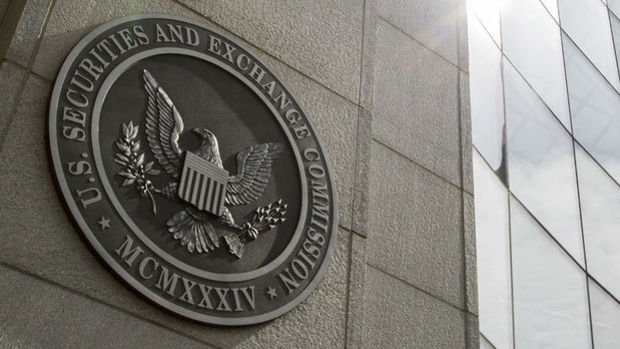SEC warns of AI's impact on global finance
Gary Gensler, Chairman of the U.S. Securities and Exchange Commission (SEC), stated that as artificial intelligence becomes widespread, governments will need to overhaul their regulations to protect global financial stability. Gensler, in his speech at the National Press Club in Washington, emphasized that regulators must deal with the challenges posed by emerging technologies, and that SEC staff are evaluating whether new rules are needed. Gensler, who stated that artificial intelligence can increase financial fragility because it can support the herd with individual actors making similar decisions because they receive the same signal from a basic model or data collector, argued that although the current model risk management guidance should be updated, this will not be enough. Gensler stated that as artificial intelligence becomes widespread, governments will need to overhaul their regulations to protect global financial stability, and that the SEC will be on the alert for the use of this technology for purposes such as financial fraud and directing investors to certain products. Gensler, who pointed out that public companies in particular should be careful not to mislead investors about the risks and opportunities that artificial intelligence may bring, explained that SEC investigators can also benefit more from artificial intelligence in their surveillance, analysis, and enforcement. Gensler expressed his belief that they need to closely evaluate artificial intelligence in order to continue to promote competition, transparency, and fair access to markets. "SEC disappointed with Ripple decision" On the other hand, Gensler said that the SEC was "disappointed" with the court decision in the US that Ripple Labs did not violate the federal securities law by selling the cryptocurrency XRP. The SEC filed a lawsuit against Ripple Labs, the company behind XRP, and its executives in December 2020, accusing the company and two executives of conducting a $ 1.3 billion unregistered securities offering by selling XRP, which was launched in 2012. Ripple had argued that XRP, a token developed to facilitate cross-border payments, is not a security.


